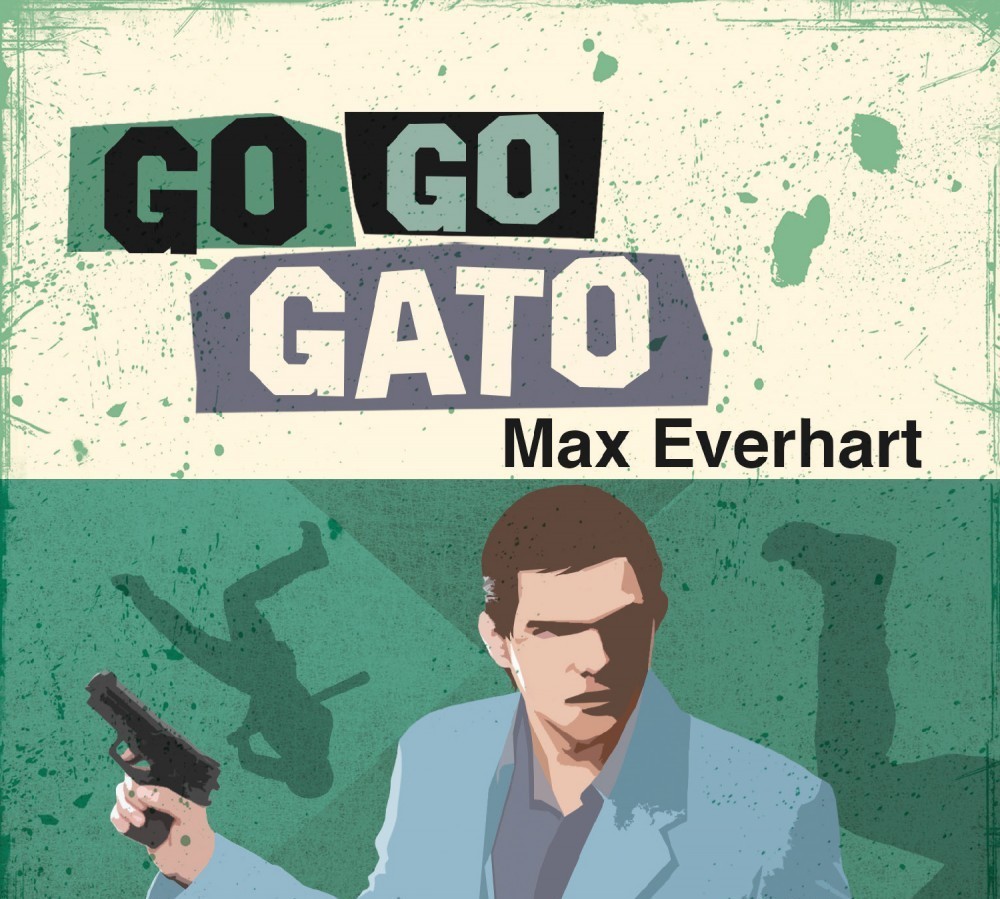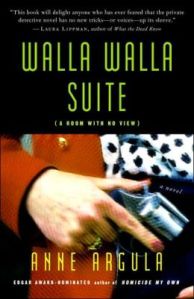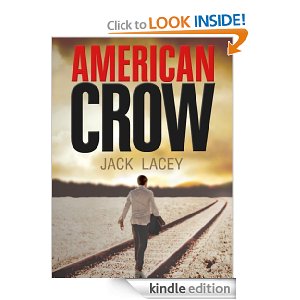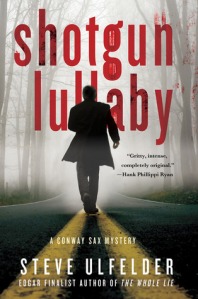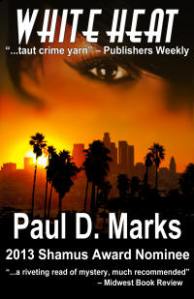What do you get when you mix together a mitigation investigator doggedly trying to stamp out the death penalty, an ex-cop fighting off constant hot flashes, a barely legitimate business owner who calls his employees Arnie’s Angels, and a beautiful young woman in the prime of her youth? Answer: the basic ingredients to Anne Argula’s excellent PI novel, Walla Walla Suite (A Room with No View).
The plot starts off as a simple missing person’s case. Eileen, one of Arnie’s Angels, goes missing, and Arnie hires Quinn, a fledgling private investigator, to track her down. But when Eileen turns up dead, the narrative really gets cooking, and the whole book morphs into a rather thoughtful and funny–funny ha-ha and funny sad–commentary on crime and punishment, capital punishment in particular. The only real “action” takes place in the last ten pages of the novel, so if you crave a lot of car chases and fistfights and gun play this isn’t the book for you. However, there are two other factors that make this book more than worthy of a read.
Quinn, a newly-divorced ex-cop struggling to establish herself as a PI, is half of what makes Walla Walla Suite so enjoyable, so fresh. Tougher than a two-dollar steak, and every bit as sardonic as James Crumley’s C.W. Sughrue, she is, by her own admission, a second or even third-rate investigator. But, ironically, this is also part of what I think makes her so dynamic as a character: she is real. Many detective characters are simply too heroic, too perfect, and Quinn is severely flawed, but in a good way. She is both sarcastic and self-effacing; she is indifferent and persistent, competent and bumbling. Not to mention she has some fantastically funny one-liners, mostly about hot flashes and the incurable human condition. Plus, in the end, she does manage to save the day, more or less, and the ending in no way feels forced or contrived. Best of all, the (tragic?) ending affects her not a wit, which I appreciate as it is realistic. Face it, many of us just never learn our lesson, no matter what the scenario, no matter what the outcome.
To the other half of what makes this a good novel: the setting. Full disclosure: I tend to fetishize what I consider cool and/or exotic locations, and Seattle, the setting of Walla Walla Suite, falls under that category. The descriptions of the dreary weather, the buildings and streets, the waterfronts: all of it is expertly rendered and adds a satisfying layer to the narrative. It made me want to visit the city, which is a testament to the author’s abilities.
Bottom line, I find Quinn to be a welcome addition to the PI genre, and not just because she is a middle-aged woman. But because the character is a living, breathing being, one capable of great comedy and tragedy. Quinn, it seems, has a nose for trouble, and I, for one, would love to be around when she finds it.
